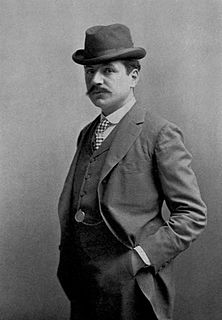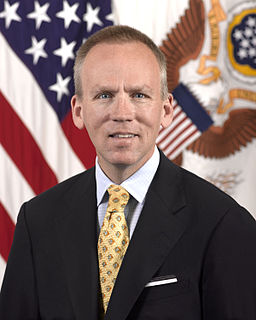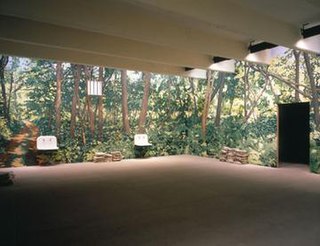A Quote by Siri Hustvedt
It's thought that about 96% of us have visual imagery, and there's a very tiny minority in the population, some of whom are normal, some of whom have brain lesions, who cannot produce visual imagery.
Related Quotes
...There are issues worth advancing in images worth admiring; and the truth is never "plain," nor appearances ever "sincere." To try to make them so is to neutralize the primary, gorgeous eccentricity of imagery in Western culture since the Reformation: the fact that it cannot be trusted, that imagery is always presumed to be proposing something contestable and controversial. This is the sheer, ebullient, slithering, dangerous fun of it. No image is presumed inviolable in our dance hall of visual politics, and all images are potentially powerful.







































